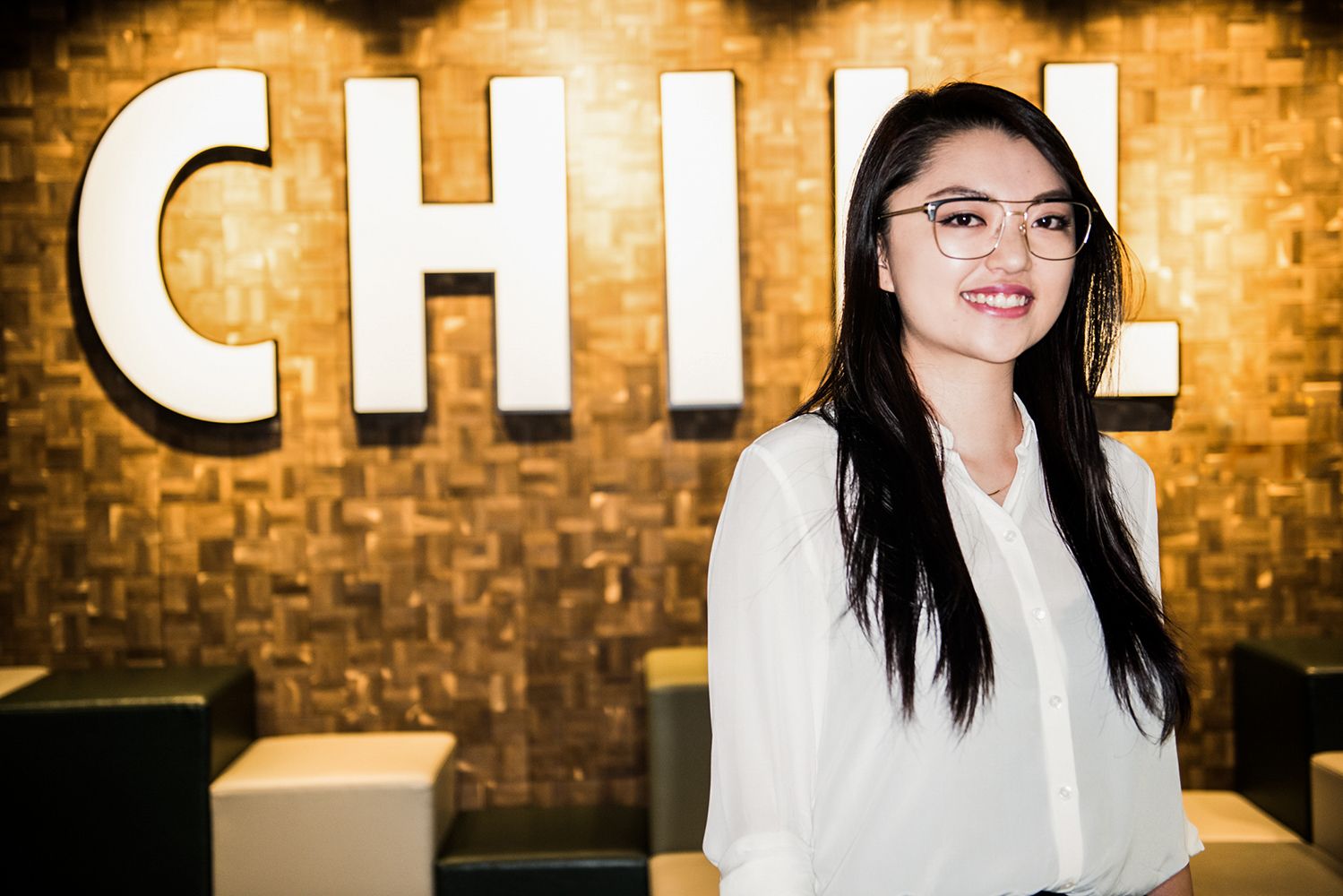Dr Jamie Chiu is using technology to challenge decades-old assumptions on how to screen for mental health issues
Ga Yao! Ga Yao! It’s a familiar refrain of encouragement during sporting events in Hong Kong. But it doesn’t end there. Teachers have been known to use it in classrooms when dealing with students suffering from depression and anxiety.
Literally translated as “add oil”, it means keep going. Sadly, depression is not cured by simply knuckling down and cracking on. And it’s this attitude to mental health that Dr Jamie Chiu, founder of The Brightly Project, an initiative designed to help Hong Kong’s youth fight mental health issues through technology, is trying to address.
“There’s this mentality that mental health disorders are a choice, like you can get over it – you just have to stop being depressed,” says Chiu. This is not the case, as Chiu well knows from experience, not only as a clinical psychologist and therapist herself, but as someone who has struggled with depression and anxiety.
Chiu is of Chinese descent and was born in Hong Kong, but she spent most of her formative years, from the age of 5 to 15 in Ghana, before moving to Australia. “I always felt like I didn’t fit in. I was different from everybody else, but, being a kid, I didn’t know why,” she says.
“Then, when I got to Australia, I was still different. That was also the time when my parents were getting divorced and I think all of that anxiety put me in this depressed mood where I kept thinking that if I was different I would be happier, or if I wasn’t Chinese I would be happier. That was what really made me interested in psychology; there was this desire that I wanted to figure myself out and fix myself.”



